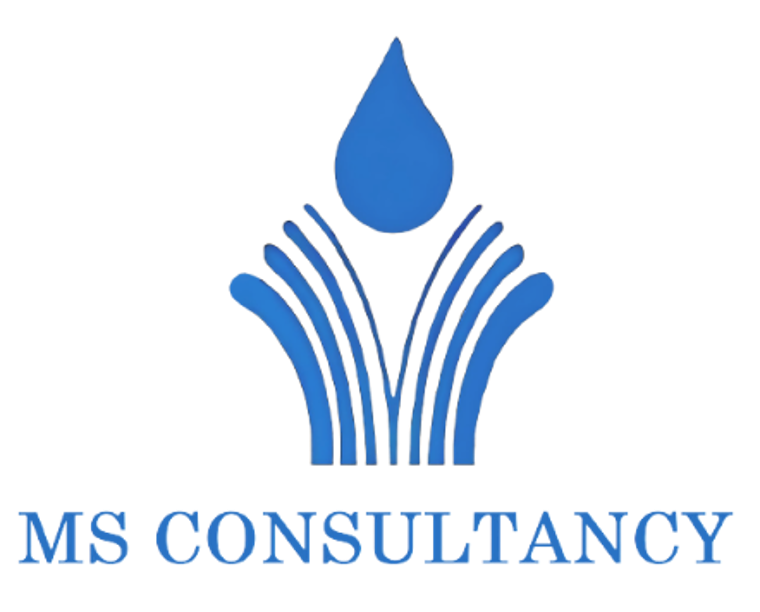Irrigation & Water Resources Projects
At MS Consultancy, we specialize in optimizing water resources for agricultural development through a combination of innovative irrigation systems, water use efficiency, and soil management solutions. Our projects integrate comprehensive services such as irrigation system design, hydrological and hydrogeological studies, and soil conservation strategies. We focus on enhancing agricultural productivity, conserving soil, and ensuring the sustainable management of water resources. Listed are some of our key projects where we have implemented these services to foster long-term agricultural and environmental sustainability.
General/Selected Experience
Rwanda Irrigation Master Plan Development – Design of Pilot Irrigation Systems

Within the framework of the Rwanda Irrigation Master Plan, our primary task was to conduct a thorough study and craft detailed designs for multiple irrigation schemes specific to various projects. This included performing economic analyses to evaluate the cost benefits of the proposed initiatives, with a focus on implementing both drip and furrow irrigation systems. Our responsibilities extended to crucial aspects such as topographic surveys, hydraulic analyses, and comprehensive soil and water studies, all culminating in the design of cutting-edge irrigation systems tailored to the unique needs of this project. By undertaking this intricate work, our goal was to contribute directly to the success of the Rwanda Irrigation Master Plan, promoting sustainable agricultural practices and effective water resource management.
Feasibility Study and Detailed Design of Benshangul Gumz Irrigation Project
This project focused on the extraction of surface water for the development of furrow irrigation in Benshangul Gumz. The comprehensive scope included conducting a feasibility study, detailed design, and the preparation of contract documents essential for the implementation of the furrow irrigation system. The emphasis was on assessing the viability of surface water extraction and designing an efficient and sustainable furrow irrigation system. Through this endeavor, the goal was to lay the groundwork for effective water resource utilization and agricultural development in the Benshangul Gumz region.
Survey and Study of East Hararge Spate Irrigation Scheme
The project involved a comprehensive survey and study of the East Hararge Spate Irrigation Scheme. This encompassed field data collection, hydrological analysis of surface water sources, and the design of a water abstraction system. The irrigation system implemented furrow irrigation, and the project included crucial components such as topographic surveying, soil study, agronomic analysis, and water management study and design. The holistic approach aimed to gather essential data, assess hydrological conditions, and design an effective irrigation system tailored to the unique requirements of the East Hararge region. Through these efforts, the project aimed to enhance agricultural productivity and sustainable water resource management in the area.
Midhegdu Irrigation Scheme
The Midhegdu Irrigation Scheme aimed to transform rainfed agriculture through the development of a spring water source for the implementation of a sprinkler-type irrigation system. The project involved extensive field data collection, a thorough study of water resources, topographic surveying, soil analysis, and an irrigation agronomy study. Additionally, the initiative included an in-depth examination of irrigation infrastructure, environmental impact assessment, and the detailed design of the sprinkler-based irrigation system. The culmination of these efforts resulted in the creation of drawings and the preparation of tender documents, ensuring the effective and sustainable implementation of the irrigation system to optimize agricultural practices in the Midhegdu region.
Hararge Area Irrigation Project
The Hararge Area Irrigation Project centered on the development of shallow groundwater sources, employing low head pumps to augment rainfed agriculture for local farmers. The comprehensive initiative included a feasibility study evaluating groundwater potential, the design of an efficient pumping system, water balance analysis, water management strategies, and the development of irrigation infrastructure. Additionally, the project incorporated an Environmental and Social Impact Study (ESIS) to ensure sustainable and responsible implementation. By harnessing shallow groundwater resources and employing advanced pumping technology, the project aimed to provide farmers in the Hararge Area with a reliable and efficient irrigation system to enhance agricultural productivity.
Study of Small Irrigation System Amhara Region
The project, prompted by recurrent droughts linked to erratic rainfall, addressed the dependency of the local community on annual food assistance from the government and NGOs. Recognizing the need for sustainable solutions and increased food self-sufficiency, the development of small-scale irrigation emerged as a strategic priority. The study encompassed both technical and social aspects, with a specific focus on cost recovery and micro-financing mechanisms.
To address these challenges, our firm conducted a detailed feasibility study across seven sites. The objective was to design and implement small-scale irrigation systems that could be managed at the level of the target beneficiaries. By integrating technical expertise and considering social dynamics, the project aimed to empower the local community, providing them with the means to enhance agricultural productivity and reduce dependence on external aid.
Water Resources Management Strategy Development
This project focused on the comprehensive development of the Ethiopian Water Resources Development Strategy. It entailed a total analysis of Ethiopia’s water resources potential, encompassing an examination of water resources development policies. The scope also included formulating short, medium, and long-term plans for the optimal utilization of the country’s water resources. The ultimate goal was the creation of a National Water Resources Development Strategy, combining a thorough understanding of Ethiopia’s water potential with strategic planning to ensure sustainable and effective water resource management for the nation.
